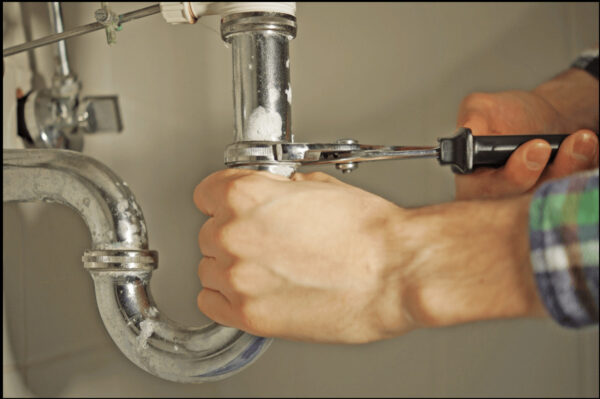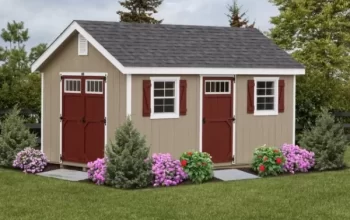Eco-friendly plumbing solutions are not just a trend but essential strategies for reducing water usage and conserving energy in modern homes. As environmental awareness increases, homeowners seek sustainable options to minimize their ecological footprint without compromising comfort or functionality. This article explores innovative eco-friendly plumbing solutions that are effective and accessible for the modern homeowner.
Embracing Sustainability in Our Homes
In the era of climate change and diminishing natural resources, the call for sustainability has never been louder. The modern home is not just a sanctuary; it’s a testament to how we can live harmoniously with our environment. Plumbing, a critical system within our homes, offers significant potential for environmental conservation. By adopting eco-friendly plumbing solutions, homeowners can contribute to a healthier planet while enjoying reduced utility bills. Let’s delve into the innovative solutions setting the standard for sustainable living.
Low-Flow Fixtures: A Simple Swap with Big Impact
Installing low-flow fixtures is one of the easiest and most effective ways to make your plumbing more eco-friendly. These include toilets, showerheads, and faucets that use significantly less water than traditional models. Low-flow toilets, for instance, can save thousands of gallons of water per year, dramatically reducing your household’s water consumption and lowering your water bill.
Tankless Water Heaters: Efficiency Meets Innovation
Tankless water heaters, also known as on-demand water heaters, heat water directly without using a storage tank. This design eliminates the energy wasted in heating and reheating water in a tank, leading to substantial energy savings. Moreover, tankless water heaters offer a continuous hot water supply, ensuring comfort and convenience for larger households.
Greywater Systems: Recycling Water for Sustainable Use
Greywater systems collect water from sinks, showers, and washing machines, then treat and recycle it for non-potable uses such as flushing toilets or watering gardens. This system can significantly reduce the demand for fresh water in your home, making it a cornerstone of sustainable plumbing. By investing in a greywater system, homeowners can play a vital part in water conservation efforts.
Rainwater Harvesting: Capturing Nature’s Gift
Rainwater harvesting systems collect and store rainwater for various household uses, including irrigation, flushing toilets, and washing clothes. This method reduces the reliance on municipal water supplies and mitigates the impact of runoff on local waterways. By integrating rainwater harvesting into your home’s plumbing system, you can tap into a sustainable water source that is both eco-friendly and cost-effective.
Leak Detection and Maintenance: Preventing Water Waste
Regular maintenance and prompt plumbing repair are crucial for sustaining an eco-friendly system. Advanced leak detection technologies can identify minor leaks, preventing water waste and potential damage. By addressing leaks and ensuring that your plumbing is in optimal condition, you can avoid unnecessary water usage and contribute to a more sustainable home environment
Conclusion: A Sustainable Future Begins at Home
The journey toward a more sustainable future starts with the choices we make in our daily lives, including how we manage water and energy consumption in our homes. Eco-friendly plumbing solutions offer a practical and effective way to reduce our environmental impact while enhancing our quality of life. From low-flow fixtures and tankless water heaters to greywater systems and rainwater harvesting, sustainable plumbing options are diverse and accessible. By adopting these solutions and prioritizing regular maintenance and repair, homeowners can significantly contribute to environmental conservation. The modern home, equipped with eco-friendly plumbing, stands as a beacon of sustainability, demonstrating that living in harmony with our planet is possible and beneficial for us all.




